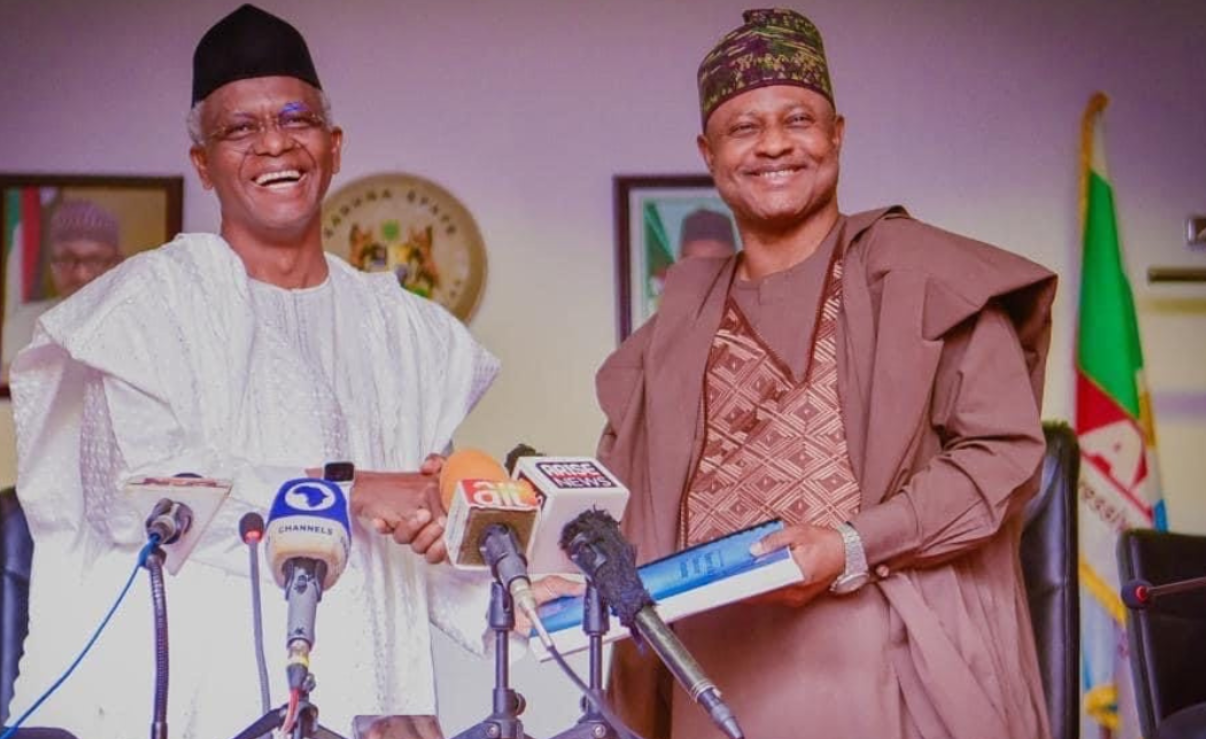BY ADEBOLA OLADOSU
Climate change poses significant challenges worldwide, but its impacts are disproportionately felt by women, particularly in developing countries like Nigeria. Women’s vulnerability to climate change is compounded by their socioeconomic status, dependence on natural resources, and entrenched gender inequalities. This critical analysis, supported by relevant statistics, explores how climate change affects women in Nigeria, and examines the underlying reasons for these disparities.
Women in Nigeria are particularly vulnerable to the effects of climate change due to their lower socioeconomic status. According to the National Bureau of Statistics (NBS), women constitute 60% of Nigeria’s poor. This economic disparity limits their ability to recover from climate-related shocks, such as extreme weather events and natural disasters. For instance, the World Bank notes that women are less likely to own land, limiting their access to resources needed for rebuilding after disasters.
In Nigeria, women are primarily responsible for securing food, water, and energy for their families, especially in rural areas. Climate change exacerbates the scarcity of these resources, making women’s daily tasks more challenging. According to the Food and Agriculture Organization (FAO), 70% of Nigeria’s agricultural workforce are women, producing 60-80% of the country’s food. Droughts and erratic rainfall patterns, which are becoming more frequent due to climate change, adversely affect agricultural productivity. This increases food insecurity and adds to women’s workload as they must work harder to secure adequate food supplies.
Advertisement
Climate change poses significant health risks, disproportionately affecting women. The World Health Organization (WHO) reports that women are more susceptible to climate-sensitive diseases such as malaria, which is prevalent in Nigeria. Additionally, extreme heat events and natural disasters can lead to higher maternal and neonatal mortality rates. A study by the Nigerian Health Watch highlights that pregnant women are particularly vulnerable to heat stress, which can lead to complications such as preterm birth.
Gender inequality exacerbates the impact of climate change on women. In many parts of Nigeria, cultural norms limit women’s decision-making power, restricting their ability to participate in climate adaptation and mitigation strategies. The United Nations Development Programme (UNDP) indicates that women are underrepresented in climate-related decision-making processes, both at the community and policy levels. This exclusion hinders the development of inclusive and effective climate policies that address women’s specific needs and vulnerabilities.
Lower levels of education among women in Nigeria also contribute to their heightened vulnerability. The UNESCO Institute for Statistics reports that the literacy rate for Nigerian women is 59.3%, compared to 70.9% for men. Limited access to education restricts women’s knowledge about climate change and reduces their ability to implement adaptive strategies. For instance, during natural disasters, women are less likely to receive timely information and warnings, increasing their risk of injury or death.
Advertisement
Flooding is a significant climate change-related issue in Nigeria, with severe implications for women. The 2012 floods, one of the worst in Nigeria’s history, affected over 7 million people and displaced more than 2 million. Women and children accounted for over 70% of the displaced population. The floods destroyed homes, farmlands, and livelihoods, disproportionately impacting women who are often responsible for food production and household management.
Northern Nigeria faces severe drought and desertification, exacerbating poverty and food insecurity. The National Emergency Management Agency (NEMA) reports that over 60% of the land area in Northern Nigeria is affected by desertification. Women in these regions, who are heavily involved in agriculture, bear the brunt of these changes. With decreasing agricultural yields, women must travel longer distances to find water and arable land, increasing their physical burden and reducing their time for other productive activities.
Addressing the gendered impacts of climate change requires empowering women through education, economic opportunities, and participation in decision-making. Studies show that when women are involved in climate action, communities are better able to adapt to and mitigate climate change. For instance, a UN Women report highlights that women’s participation in forest management in Nigeria led to more sustainable and effective conservation practices.
Developing and implementing gender-sensitive climate policies is crucial. These policies should recognise the different ways climate change affects men and women and aim to reduce gender disparities. The Nigerian government’s National Action Plan on Gender and Climate Change, launched in 2020, is a step in the right direction. It aims to integrate gender perspectives into climate policies and programs, ensuring that women have a voice in climate decision-making processes.
Advertisement
Improving women’s access to resources, such as land, credit, and technology, can enhance their resilience to climate change. Programmes that provide women with climate-resilient agricultural inputs and training have shown positive results. The International Fund for Agricultural Development (IFAD) has projects in Nigeria that focus on providing women with drought-resistant seeds and training in sustainable farming practices, helping to boost productivity and food security.
Climate change disproportionately impacts women in Nigeria due to socioeconomic inequalities, dependence on natural resources, and social and cultural factors. Addressing these challenges requires a multifaceted approach that includes empowering women, developing gender-sensitive policies, and improving access to resources. By recognising and addressing the unique vulnerabilities of women, Nigeria can create more effective and equitable climate action strategies, ultimately leading to more resilient communities.
Oladosu is an environmental journalist and a postgraduate student of the International Institute of Journalism (IIJ).
Advertisement
Views expressed by contributors are strictly personal and not of TheCable.
Add a comment






